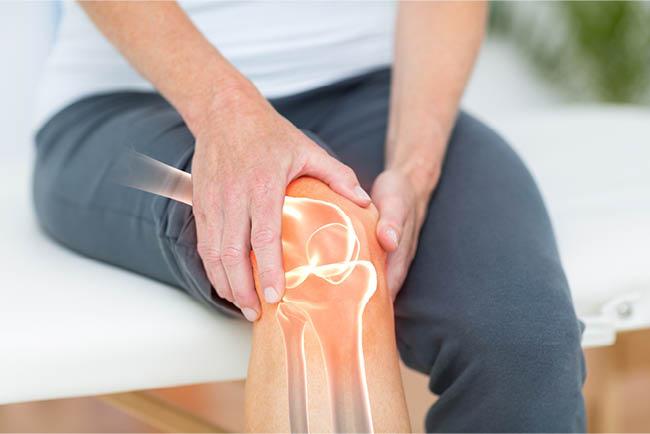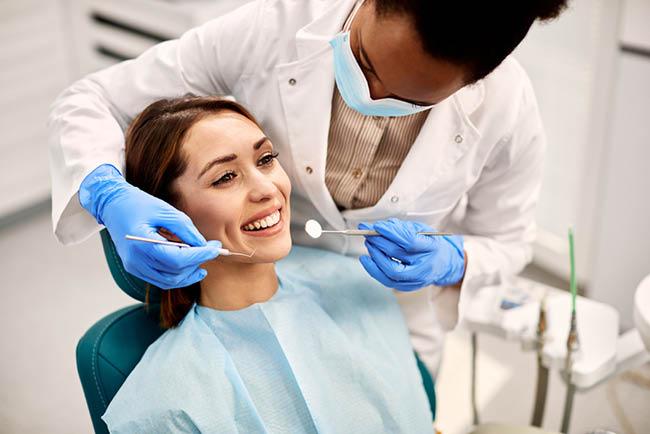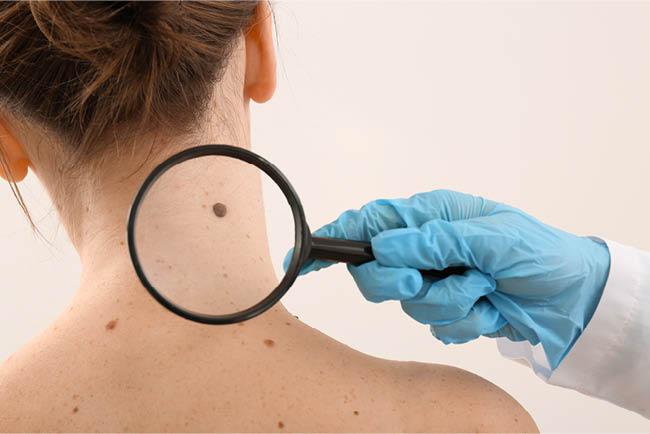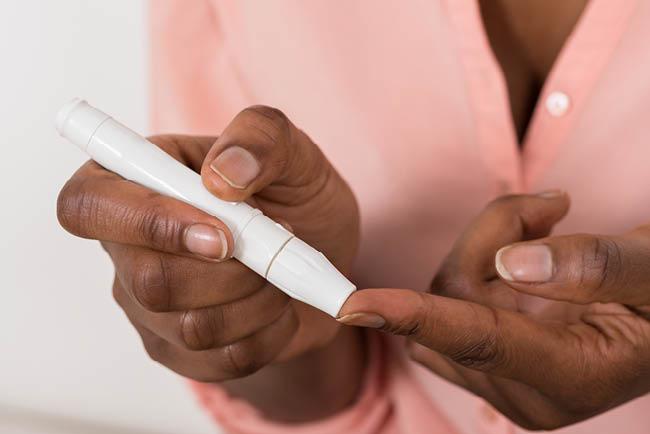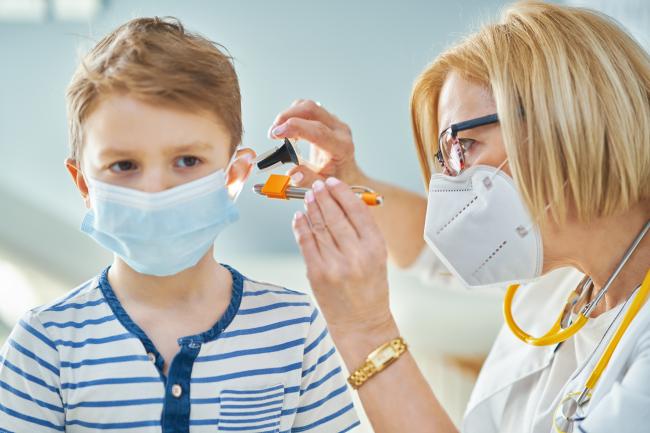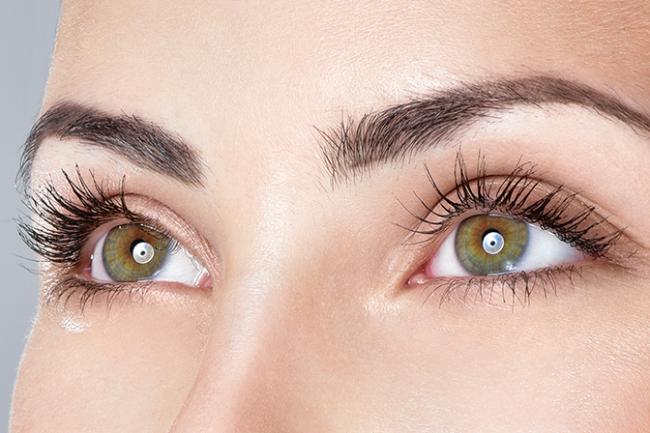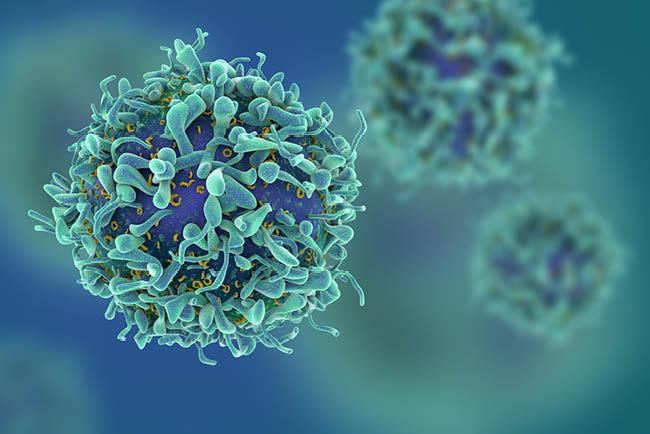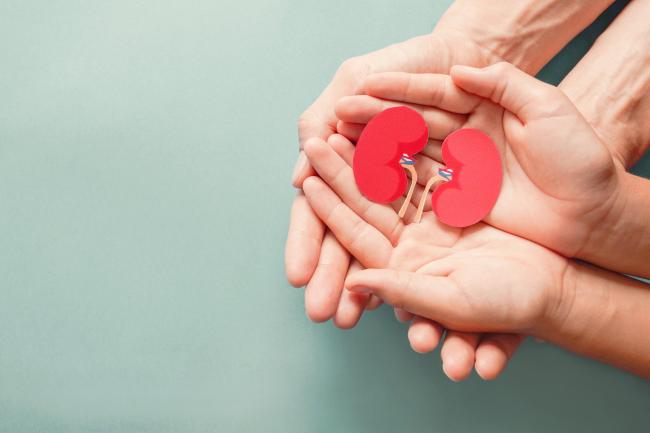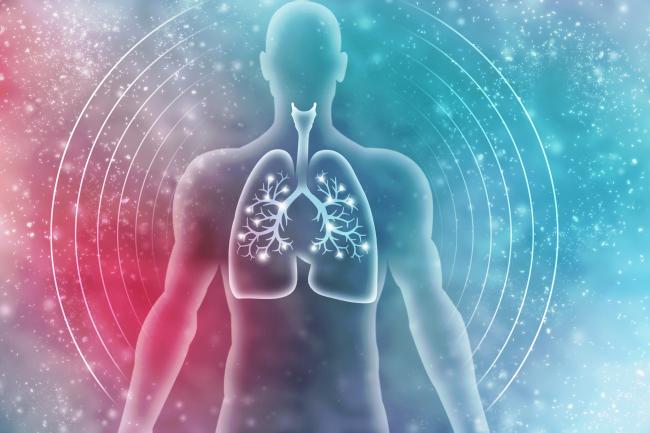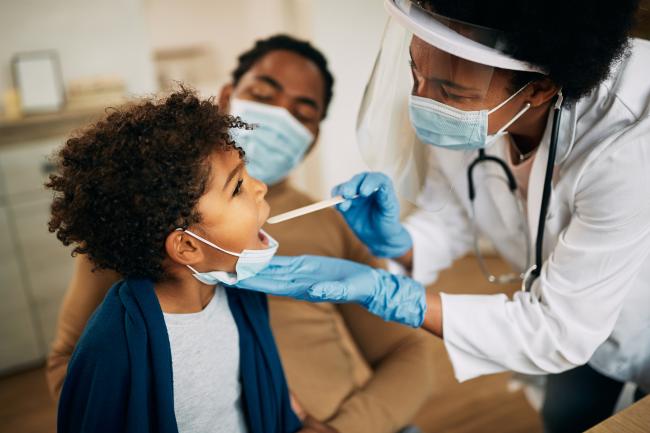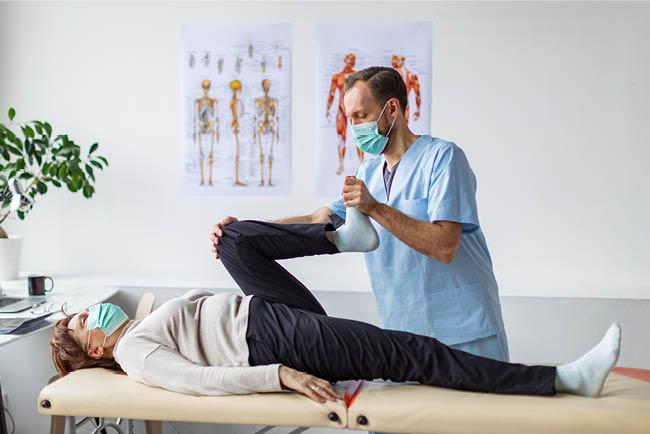Search Studies
Research studies are looking for volunteers just like you. Both healthy volunteers and participants with specific health conditions are needed to help answer important questions impacting the health of our friends and family. Join us to improve the health of others.
-
Bisexual Health and Relationships Project
Official Title Bisexual Health and Relationships ProjectPurpose
The purpose of this study is to better understand the health behaviors and health outcomes for married bisexual people.
Could this study be right for you?
Our study examines the health of married Bi+ (defined as bisexual, pansexual, queer, etc.) people. We are interviewing both Bi+ individuals and their partners over Zoom. We are specifically looking to speak with:
- Bi+ men married to men
- Bi+ people of color of any gender
Age Range
35 - 65 years -
A Study for Veterans with Post-Traumatic Stress Disorder (PTSD)
Official Title Examining the safety and clinical efficacy of psilocybin therapy for Veterans with PTSD: An open label proof-of-concept trialPurpose
The study will demonstrate the safety and efficacy of psilocybin in treating post-traumatic stress disorder (PTSD) in veterans. Psilocybin-assisted therapy has shown great promise in treating anxiety symptoms that comprise post-traumatic stress disorder (PTSD). Current therapeutic treatments for PTSD are difficult to tolerate and limited in efficacy, especially in the US military veteran population. This study will examine the safety and efficacy of two psilocybin sessions, combined with psychotherapy, among military veterans with severe, treatment resistant PTSD.
Could this study be right for you?
Inclusion criteria:
- Be a United States military veteran
- 21 to 64 years old
- Have at least a high-school level of education or equivalent (e.g. GED)
- Current diagnosis of PTSD
- Be medically stable as determined by screening for medical problems via a personal interview, a medical questionnaire, a physical examination, an electrocardiogram (ECG), and routine medical blood and urinalysis laboratory tests
Exclusion criteria:
- Women who are pregnant
- Cardiovascular conditions: coronary artery disease, stroke, angina, uncontrolled hypertension, a clinically significant ECG abnormality (e.g., atrial fibrillation), artificial heart valve, or TIA in the past year
- High blood pressure
- History of seizures or epilepsy
Exclusion Criteria varies, please contact Study Coordinator.
Age Range
21 - 64 years -
Long-term Follow-up of Adults Who Experience an out of Hospital Cardiac Arrest
Official Title Patterns Of Survivors’ Recovery Trajectories in the ICECAP trial POST-ICECAPPurpose
The purpose of this study is to describe the physical, neuropsychological outcomes of adults who have experienced an outside of hospital cardiac arrest; and examine any associations between those outcomes and any clinical and/or rehabilitative interventions and/or social determinants of health.
Could this study be right for you?
- Experienced a coma after resuscitation from a cardiac arrest
- Received targeted/controlled body temperature management
- Survived to at least 1 month after experiencing a outside of hospital cardiac arrest
Age Range
18 years and up -
Eye Gaze Study
Official Title Disrupted eye gaze perception as a biobehavioral marker of social dysfunction: An RDoC investigationPurpose
This study seeks to understand social functioning across mental health conditions. Social dysfunction is very common in people with mental health conditions; it can negatively impact employment, independent living, and maintaining meaningful relationships. This research is being done to learn if a person's ability to process visual information (including distinguishing other people's eye gaze direction) is a clue to social functioning regardless of diagnosis. This research will identify clinical and brain characteristics in relation to social functioning.
Could this study be right for you?
Patients:
- Diagnosis of a schizophrenia-spectrum disorder or autism spectrum disorder
- Receiving treatment in a mental health or primary care setting
- Experience difficulty in social functioning
Health Volunteers:
- No history of past or current mental health disorder diagnosis
- Experience no difficulty in social functioning
Age Range
14 - 30 years -
A Study about How Essential Oil Inhalers and a Wearable TENS Unit Affect Nausea and Stress
Official Title AROMA-NT: Assessment of the Mechanisms of Action of Inhaled Essential Oils and Wearable TENS unit device on NauseaPurpose
The purpose of this research study is to understand how a combination of two aromatic inhalers containing a blend of essential oils and a wearable TENS unit affects nausea and stress in those suffering from chronic nausea and anxiety.
Could this study be right for you?
- Able to understand English
- Nausea going on for longer than 6 months
Age Range
18 - 80 years -
Preschooler's Language Use and Media (PLUM) Study
Official Title Preschooler's Language Use and Media (PLUM) StudyPurpose
This study is designed to investigate media’s role in language development during early childhood. The goal of the proposed work is to examine the relation between the quantity of children’s media use and their language development trajectories, as well as how characteristics of media use (i.e., parent-child joint engagement, interactive media features, and educational content) predict growth in language over time.
Could this study be right for you?
- Children 3 to 3.5 years of age (36 to 42 months).
Age Range
36 - 42 months -
Decay of HIV-1 Reservoirs in Participants on Long-Term ART
Official Title Decay of HIV-1 Reservoirs in Participants on Long-Term Antiretroviral Therapy: The ACTG HIV Reservoirs Cohort (AHRC) StudyPurpose
The purpose of this study is to examine longitudinal changes in HIV-1 reservoirs among participants with HIV-1 who are either currently receiving antiretroviral therapy (ART) or who received ART previously. Participants will undergo blood and hair sample collections for immunologic, virologic, and pharmacologic evaluations to study HIV-1 reservoirs in the body.
Could this study be right for you?
This study is currently only enrolling in Group 6 which includes participants who acquired HIV while taking long-acting cabotegravir (CAB).
Age Range
18 years and up -
Combination HIV-Specific Broadly Neutralizing Monoclonal Antibodies Combined with ART Initiation during Acute HIV Infection to Induce HIV Remission
Official Title A Double-Blind, Randomized, Placebo-Controlled Clinical Trial of Combination HIV-Specific Broadly Neutralizing Monoclonal Antibodies Combined with ART Initiation during Acute HIV Infection to Induce HIV RemissionPurpose
The purpose of this study is to evaluate the safety and efficacy of combination bNAbs in addition to ART initiated during acute HIV infection and to evaluate the impact on HIV viral reservoirs.
Could this study be right for you?
- Newly diagnosed HIV+ individuals who have not yet started antiretroviral therapy (ART)
- Willingness to start ART at enrollment
- Ability and willingness to participate in scheduled study visits and analytic treatment interruption (ATI)
- Weight <115kg
Age Range
18 - 70 years -
Pramipexole versus Escitalopram to Treat Comorbid HAND and MDD in HIV Infection
Official Title An Open-Label, Randomized Controlled Trial of Pramipexole versus Escitalopram to Treat Major Depressive Disorder (MDD) and Comorbid MDD with Mild Neurocognitive Disorder (MND) in Persons Living with HIVPurpose
This study will evaluate the safety & efficacy of pramipexole vs. escitalopram for treatment of major depressive disorder (MDD) and comorbid MDD/mild neurocognitive disorder (MND) in people living with HIV.
Could this study be right for you?
- People living with HIV ages 18-70
- Diagnosis of MDD alone or with comorbid MDD/MND
- On ART for at least 3 months with HIV RNA <200 copies within 90 days
Age Range
18 - 70 years -
Therapeutic Vaccines in Combination with TRL-7 Agonist and bNAbs in Adults on Suppressive ART during Acute HIV-1
Official Title A Phase I/IIa Randomized, Placebo-Controlled Trial of Conserved-Mosaic T-cell Vaccine in a Regimen with Vesatolimod and Broadly Neutralizing Antibodies in Adults Initiated on Suppressive Antiretroviral Therapy during Acute HIV-1Purpose
This study will evaluate the safety and efficacy of these treatments in individuals with HIV-1 who started suppressive antiretroviral therapy (ART) during acute HIV-1 infection. The study consists of four steps including an analytical treatment interruption (ATI).
Could this study be right for you?
- Individuals with HIV who started treatment during acute HIV infection
- No known ART interruption >14 consecutive days since ART initiation
- Willingness to participate in analytic treatment interruption
- CD4 count ≥500 within 60 days to study entry
- HIV RNA <50 since initial viral suppression on ART and for at least 1 year prior to study entry
Age Range
18 years and up -
Ohio Mood Disorder Registry and Repository
Official Title Ohio Mood Disorder Registry and RepositoryPurpose
Mood disorders like Major Depressive Disorder and Bipolar Disorder can be chronic, recurrent illnesses. Our treatments to date can help many people but are often trial and error, and continuity and access to care form major barriers. Our purpose is to create a research registry and repository of individuals with mood disorders who are willing to provide clinical data yearly, and who are willing to be contacted to participate in current and future studies of mood disorders.
Could this study be right for you?
Inclusion Criteria
- 8-70 years of age.
- Fluency or advanced conversational English abilities, by self-report.
- Eligible individuals will have a history of two or more mood disorder episodes (depression events of at least 2 weeks meeting 5 of the criteria for major depressive disorder).
Exclusion Criteria
- Head injury with loss of consciousness of five minutes or greater.
- Hospitalization for drug-related concerns.
- Evidence of intellectual disability.
- Diagnosis of a developmental condition like autism spectrum disorder.
- Evidence of psychosis outside of a mood episode (e.g., schizophrenia).
- Hospitalization or infusion for eating condition.
Age Range
8 - 70 years -
A Study About Aromatic L-Amino Acid Decarboxylase Deficiency (AADC) in Pediatric Patients
Official Title A Single-Stage, Adaptive, Open-Label Dose Escalation Safety Study of Adeno-Associated Virus Encoding Human Aromatic L-Amino Acid Decarboxylase (AAV2-hAADC) Administered by MR- guided Infusion into the Midbrain in Pediatric Patients with AADC DeficiencyPurpose
The overall objective of this study is to determine the safety and efficacy of AAV2-hAADC delivered to the substantia nigra pars compacta (SNc) and ventral tegmental area (VTA) in children with aromatic L-amino acid decarboxylase (AADC) deficiency, and to see if there is a demonstration of effective restoration of AADC function by assays of CSF neurotransmitter metabolites and F-DOPA PET imaging, as allowed by subject’s ability to travel to undergo follow-up visits.
Could this study be right for you?
Inclusion Criteria
- Diagnosis of AADC deficiency from genetic test and CSF/blood enzyme test
- Failed to derive adequate benefit from standard medical therapy as judged by presence of residual oculugyric crises and developmental delay.
- Documented history of motor developmental delay, with inability to walk independently without support by age 18 months.
- Both parents (or legal guardians) must give their consent for their child’s participation in the study unless (i.) one parent is deceased, unknown or incompetent; (ii.) one parent is not reasonably available; or (iii.) one parent has responsibility for the care and custody of the child.
Inclusion Criteria varies, please contact Study Coordinator for more information.
Exclusion Criteria
- Presence of other significant medical or neurological conditions that would create an unacceptable operative or anesthetic risk.
- Previous stereotactic neurosurgery.
- Coagulopathy, or need for ongoing anticoagulant therapy.
- Receipt of any investigational agent within 60 days prior to Baseline and during study participation.
Exclusion Criteria varies, please contact Study Coordinator for more information.
Age Range
2 years and up


